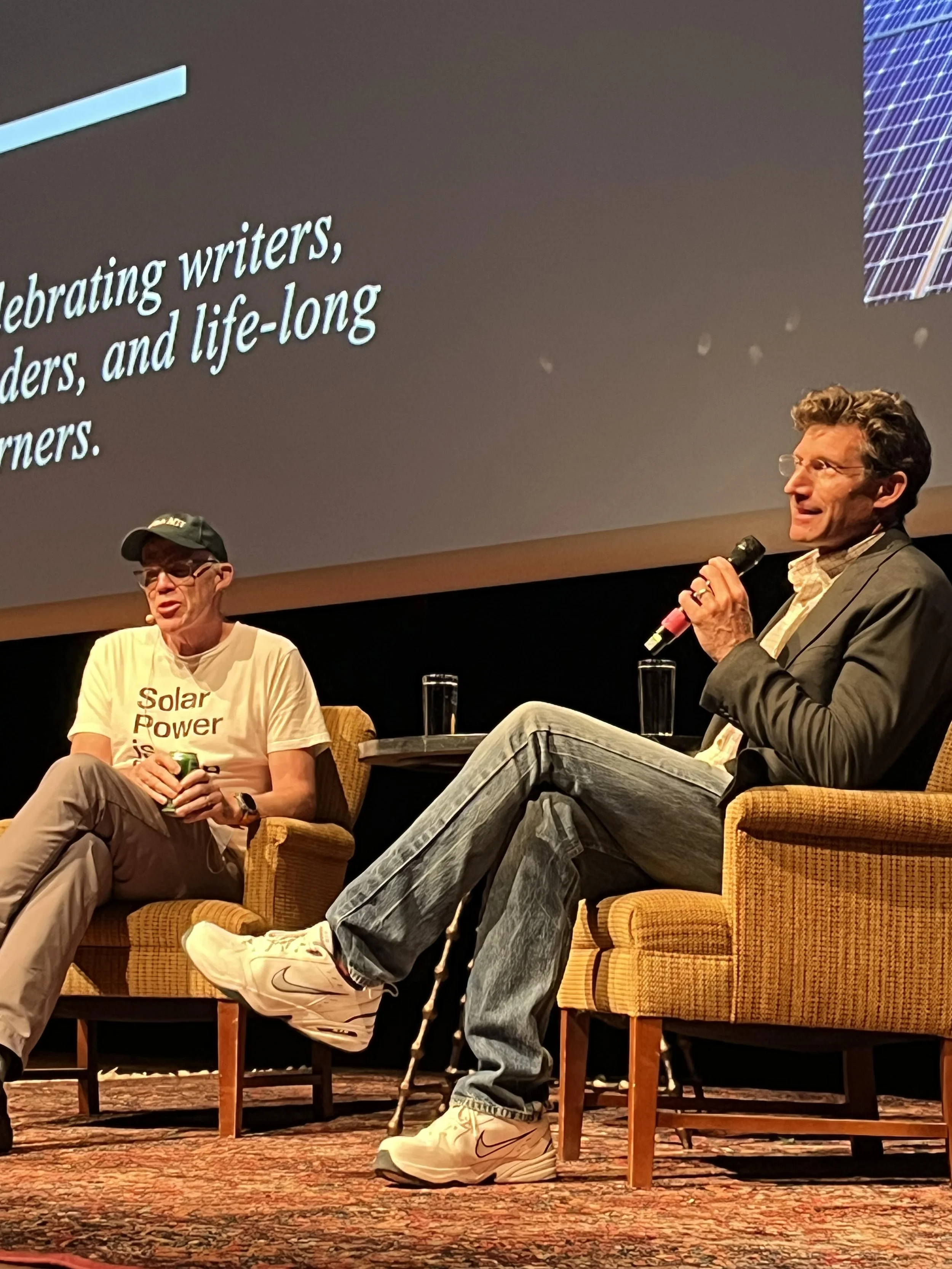“No one has more hard-earned credibility than Auden Schendler when it comes to taking on the charade that is often corporate sustainability."
— Bill McKibben, author, The End of Nature
“It’s a love letter to the world, an homage to beauty, and a warning about what we stand to lose.”
— Casey Sheahan, former CEO, Patagonia
“Uniquely compelling and weirdly fun.”
— Naomi Oreskes, author with Eric Conway of The Big Myth: How American Business Taught us to Loathe Government and Love the Free Market
“This is the exact message everyone needs right now.”
— Annie Leonard, Author, The Story of Stuff; Former Exec Director Greenpeace USA
"This is the first book about climate that made me feel like I picked the lock on someone's personal diary."
— Gina McCarthy, former U.S. EPA Administrator and former White House National Climate Advisor
"His insight is prescient as we bear down on a hotter and more chaotic planet."
— Conrad Anker, Climber, Writer










